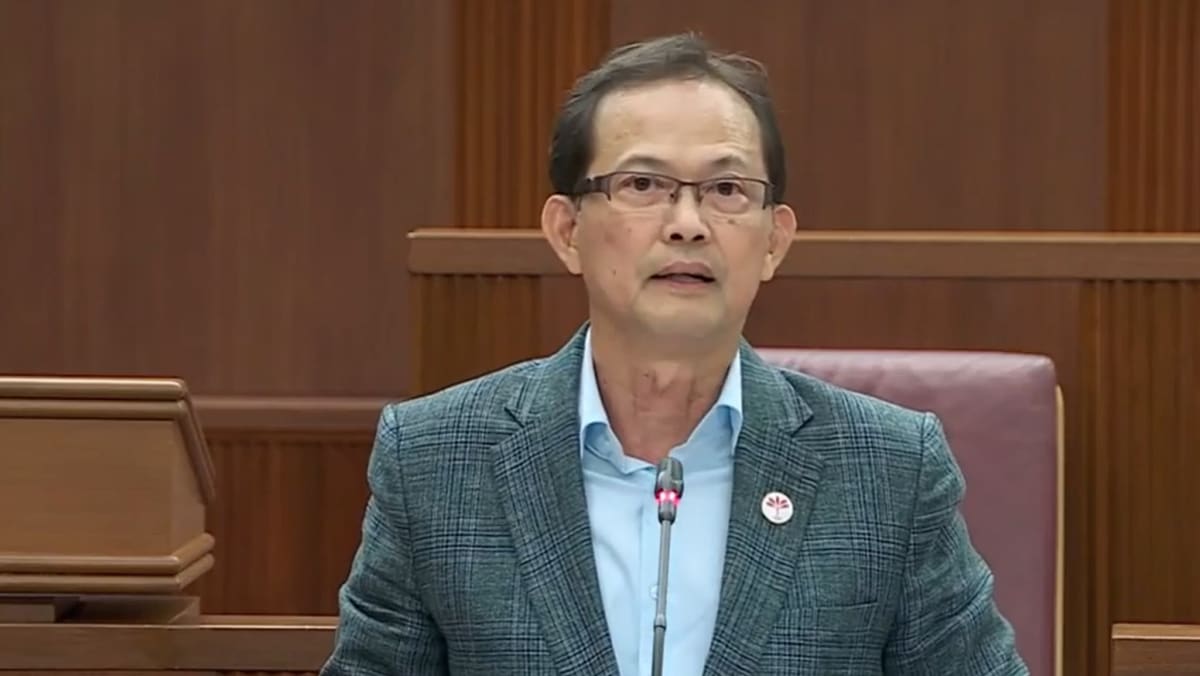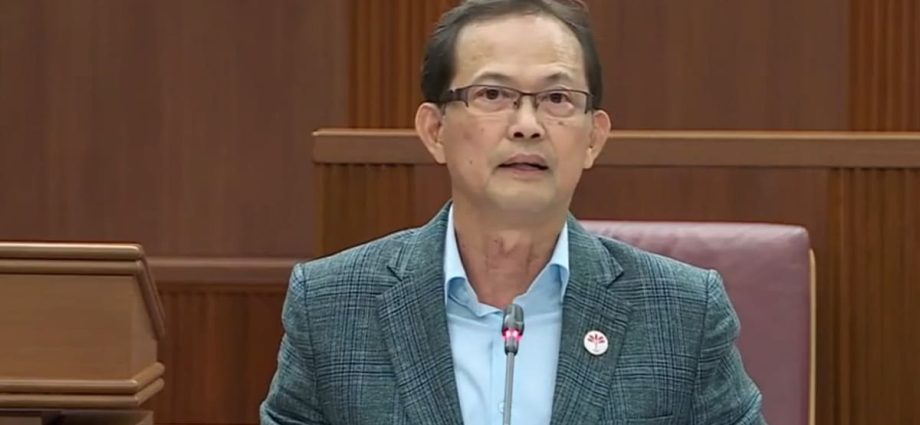
However, PAP MPs did not agree, saying that the Speaker can be impartial and independent even if he or she is from the ruling party.
The motion was amended by MP Vikram Nair (PAP – Sembawang) to replace the words “to be independent and impartial” with “to discharge his duties independently and impartially”.
There was also an amendment to add: “To uphold the Standing Orders of Parliament and the obligations under the Parliament (Privileges, Immunities and Powers) Act 1962”.
This was the version of the motion that was passed by parliament, with dissensions from PSP NCMPs Mr Leong and Ms Hazel Poa recorded.
“Historically, even without recent events, the actions of the PAP government over the years could arguably be perceived by the public to have eroded the independence and impartiality of the Speaker’s office over the years,” said Mr Leong.
He pointed out that prior to 1970, the Singapore parliament had elected speakers who were judges and non-partisan, with the exception of former PAP minister EW Barker. However, from 1970, every Speaker has been from PAP.
He also noted that in recent years, the Speakers have been members of the PAP CEC and that makes it difficult for the public to be fully convinced that a core member of the ruling party can be an “impartial presiding officer” in parliament.
“PSP believes that it is problematic for the Speaker to uphold his impartiality and independence while simultaneously being at the power centre of the ruling party and being privy to the ruling party’s political strategy alongside members of the government,” said Mr Leong.
Mr Nair, presenting the amended motion, argued that a Speaker does not automatically lack independence in the performance of his duties because he “happens to be from a political party”.
He added that the fairness of parliament is not just dependent on the individual who is the Speaker but also on parliament’s standing orders and the Parliament (Privileges, Immunities and Powers) Act, which the Speaker is also bound by.
There are also other checks on the Speaker’s conduct, he said.
“The first is the Speaker’s own party, if it feels the Speaker has not acted properly in any way. The second is parliament itself, where members are free to raise any objections they may wish, or even file the necessary motion. Third, the ultimate check on a member of the legislature is the ballot box.”

